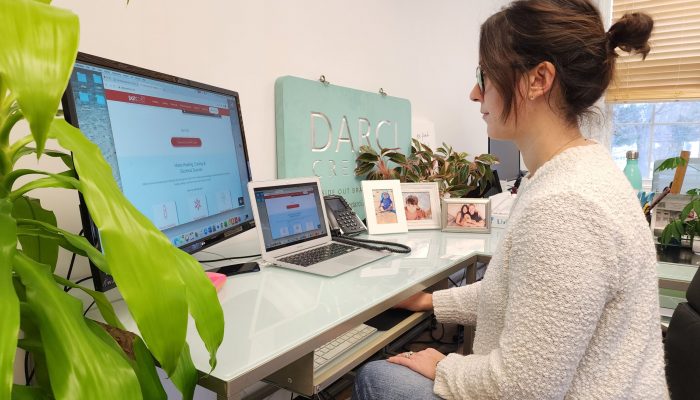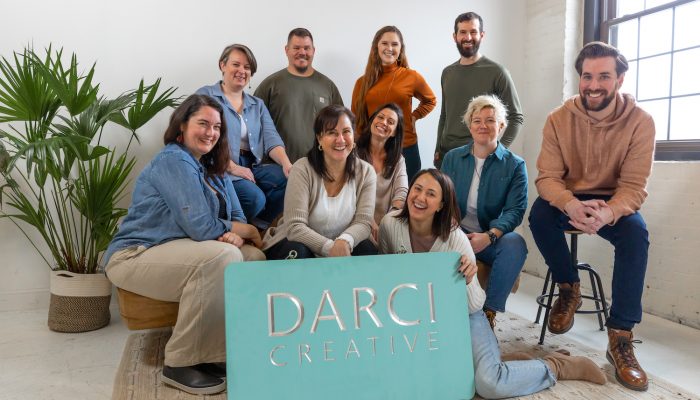An Introduction to Search Engine Optimization for Small Business Owners (Part 1 of 3)
In this first post we introduce basic SEO principles and how they apply to a typical small business website. Then, the second and third posts will go into detail about specific techniques that can increase traffic to a website. There are hundreds (if not thousands) of posts similar to this one that comprehensively cover SEO in great technical detail. This series is bit different, as the aim here is to explain the concepts in a simple manner. If you were going to write your college thesis on SEO, I’d check out Moz, Ahrefs or Search Engine Land for tips. If running your small business is hard enough and you just want a simple explanation of the basics, this post is right for you. The following are four SEO concepts to start thinking about.
#1. It isn’t about doing SEO. It’s about doing everything right as you make your website.
We aren’t making a website and then sprinkling some SEO onto it at the end. We are baking the SEO right into the muffin (I mean website). Having a quality site that is useful to visitors, really is a great big step in the right direction for SEO. Google wants to do the best job it can to please its users. It will send its users to the websites that will best satisfy their search query. Be one of the best sites (in your specific niche) and Google will send you the traffic.
A common misconception about SEO dates back a few years to a time when it may have been possible to be sneaky with a few techniques that could trick a search engine into giving a page an artificially high ranking. That is not happening in 2018. Google is smarter than us and is looking out for its users. The better we make a website, the better experience the user will have. The more Google notices users having a good (optimal) experience on a website, the more people Google will send to the website. Build the pages on the website that matter most to your goals into excellent resources for someone who is a potential customer. Make the site secure, fast to load, and relevant to those who are shopping for your product …and don’t miss an opportunity to tell Google about it!
#2. Keywords are important!
We will get right back to making the site relevant and telling Google about it, but let’s change gears for a second and talk about keywords. Keywords are the words and phrases that searchers (potential customers) enter to find a website (business like yours) that will answer their question. This is great for you as a small business owner because you know your business better than anyone and have a head start on those words and phrases. They may describe product sold, service provided, or whatever would make people want to go to your website.
Let’s take an example of a business that sells kitchen supplies and they have a product they want to be found on Google. Guess what it is? It’s a muffin pan! And not just any muffin pan, an aluminized steel ceramic coated muffin pan. There is a page on their website for this muffin pan. An important SEO concept is to assign that page a focus keyword. The keyword chosen for that page is “ceramic muffin pan.” This would be a great place to go off on a long SEO nerd tangent about the ins and outs of keyword research. However, for our purposes, let’s just say they didn’t choose “muffin pan” because it was too general. The big brands already rank 1 – 10 for “muffin pan” on Google and a small business isn’t going to be up for the ridiculous amount of work required to compete there. They also considered a less competitive keyword for their product’s page, “commercial grade aluminized steel ceramic coated muffin pan.” They could surely get their website’s page to rank for this phrase, but in reality, no one is actually typing that in to Google. So, they decided on “ceramic muffin pan.” Determining the practical keywords to be known for helps the cause.
#3. Make the website easy for Google to understand
Remember back in #1 where we said to make a relevant site …and don’t miss an opportunity to tell Google about it. How do we do that? …With the Keywords! Just as you or I will read a website, so will Google. …well almost. You’ve heard of Googlebots, right? In case you haven’t, Google is using automated software (aka webcrawlers, aka spiders, aka Googlebots) to browse the internet, reading websites to collect information about them for their index. Websites are made up of code and they read it. It is our job to not miss an opportunity to help the Googlebot collect important data about a site by putting the keywords in the code for it to read. (Digest that concept and you’ve got a good handle on the next post.) The need for attention to detail is found here and Yoast SEO plugin is a great tool for WordPress sites in this regard. We call this “On-Site” SEO and cover it in further detail in the next post.
#4. Amplify a website using other websites
Acquire links to your website from other, more well-known websites. A link is that clickable text that is sometimes underlined and blue. When a user clicks it, they leave one website and go to another. Google is aware of this. When a respected, authoritative website has a link to your website, some of that authority rubs off on your site. This is an example of “Off-Site” SEO (the topic of the third post).
Back to our muffin pan example. Let’s say that ceramic muffin pan page did a wonderful job of explaining in great detail how aluminized steel spread the heat to the muffins for even baking and how the ceramic coating allowed for easy release of the muffins from the pan. The way the technology was described was so well done that when Bobby Flay wrote a blog post on bakeware, he linked his post to that small business’s page! Big win! It is great because not only does the ceramic muffin pan page get more referral web traffic from all of Bobby Flay’s fans clicking the link. But also, Google is paying attention to what an authoritative publication (like a celebrity chef’s blog) thinks is worthy to link to. This reflects nicely on the muffin pan page in Google’s eyes and they will now be that much more likely to send anyone typing in “ceramic muffin pan” to the ceramic muffin pan page from now on. Side note (it isn’t easy to get a link from Bobby), but the same principle applies with other less famous but still authoritative websites, for example mybakingaddiction.com or joythebaker.com. Those are solid industry publications and their links will absolutely help. Long story short, this is where a good amount of the magic happens.
OK, this SEO thing isn’t so bad. Make a quality website that is secure, fast to load, and a relevant resource for users. Know the phrases that potential customers are entering in to Google when they shop for a product and incorporate them strategically into the website. And then enhance the websites notoriety with incoming links. We are off to a great start! We’ll go over all this in greater detail in our following posts.

Sam Costanzo
DARCI Creative
Digital Marketing Manager





